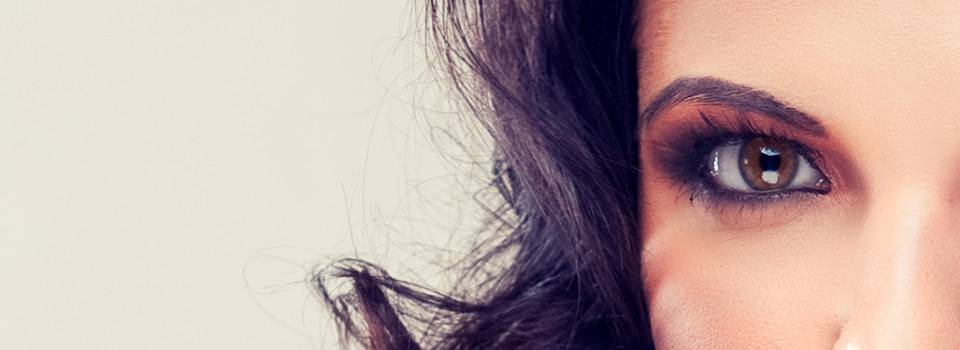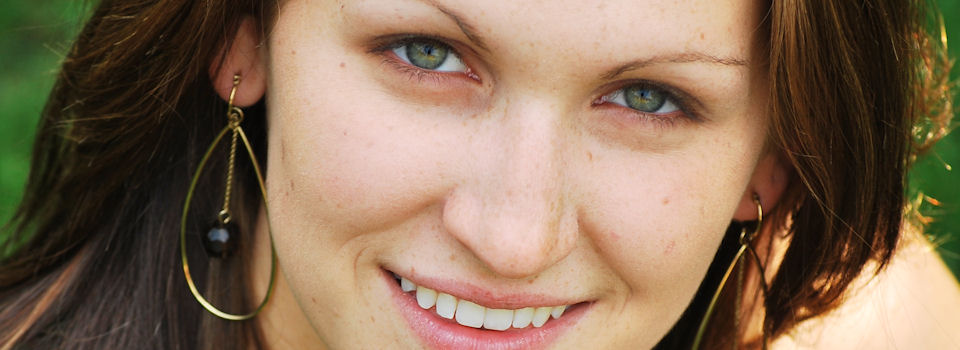Keratoconus is a rare, progressive disease that affects the cornea, which is the clear, transparent layer at the front of the eye. The cornea is responsible for focusing the light that comes into your eye onto the retina for clear, sharp vision. Keratoconus causes the corneal tissue to thin out and bulge into a cone-like shape which deflects the light entering the eye and distorts vision.

Causes of Keratoconus
The exact cause of keratoconus is not known. The disease usually starts to appear in the late teens or twenties and can affect one or both eyes, usually progressing at a slow pace and slowing or stabilizing after around 10-20 years. It is believed that there is a genetic component as often it runs in families.
New research suggests that there may be a link between keratoconus and oxidative damage which weakens the cornea. There is also an association with overexposure to ultraviolet (UV) radiation from the sun and chronic eye irritation.

Symptoms of Keratoconus
With the gradual change in the shape of the cornea, vision becomes progressively worse. The patient may experience nearsightedness, astigmatism, distorted vision (straight lines look wavy), blurry vision, light sensitivity and glare, and eye redness or swelling. Typically, the patient’s eyeglass prescription will change often as the vision becomes worse and contact lenses will be difficult to wear due to discomfort and improper fit.
When keratoconus becomes more severe (which usually takes a long time however on occasion can happen rather quickly), the cornea can begin to swell and form scar tissue. This scar tissue can result in even further visual distortion and blurred vision.
Treatment for Keratoconus
In the early stages of the disease, standard eyeglasses and soft contact lenses will usually correct the nearsightedness and astigmatism experienced by the patient.
As the disease progresses, however, glasses and soft contact lenses may no longer correct vision and soft lenses may become uncomfortable. This is when other forms of vision correction will be recommended.

Irregularly shaped cornea or other eye problems... it may be time to speak to your Midtown Manhattan Eye Doctor about a type of contact lens known as a “scleral lens.”
